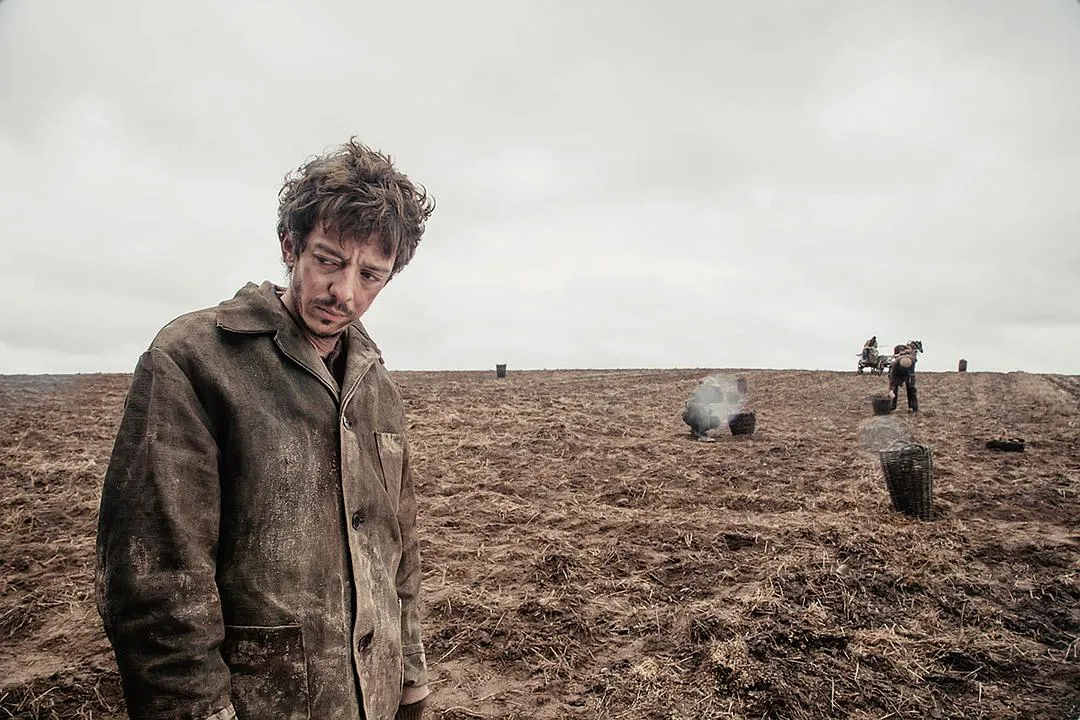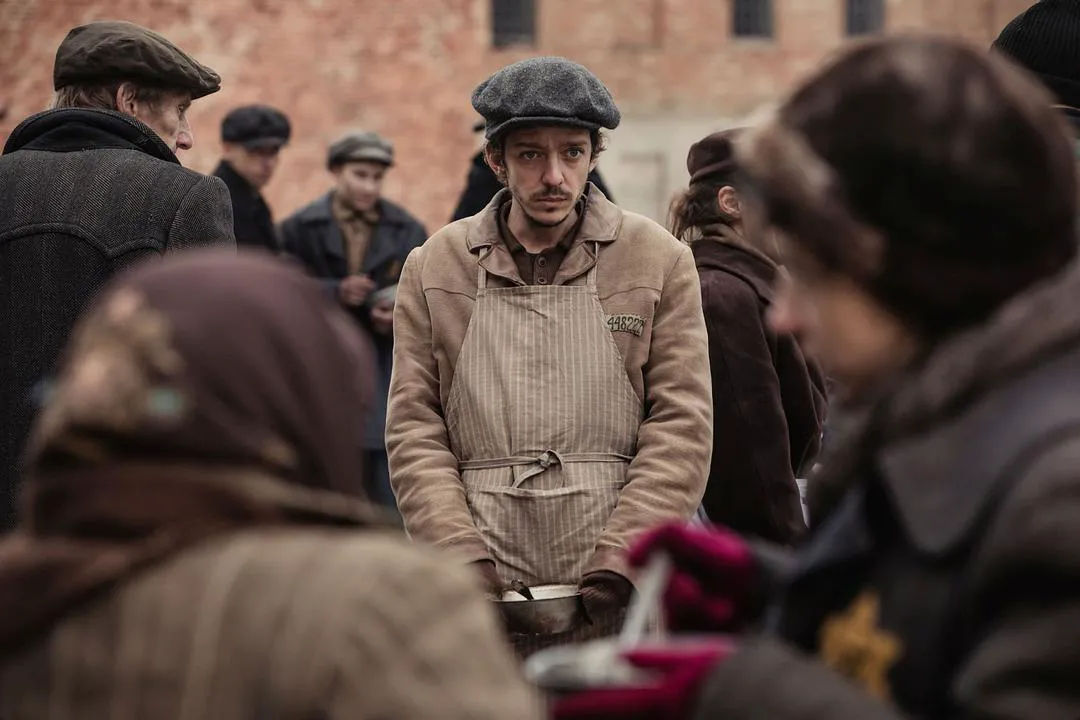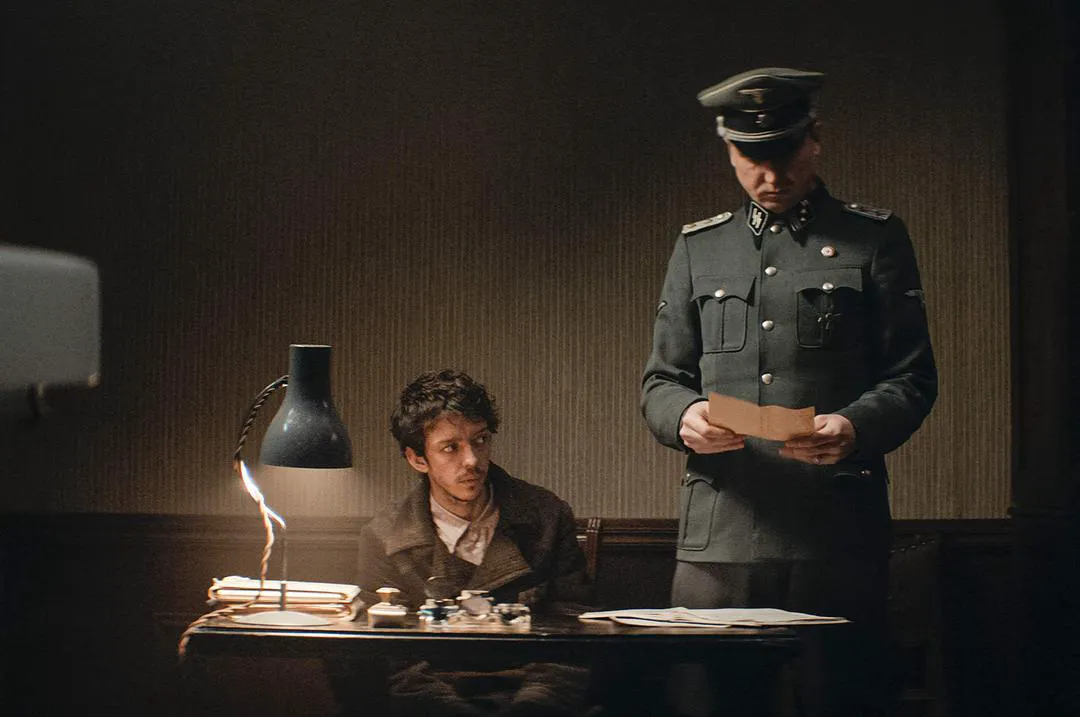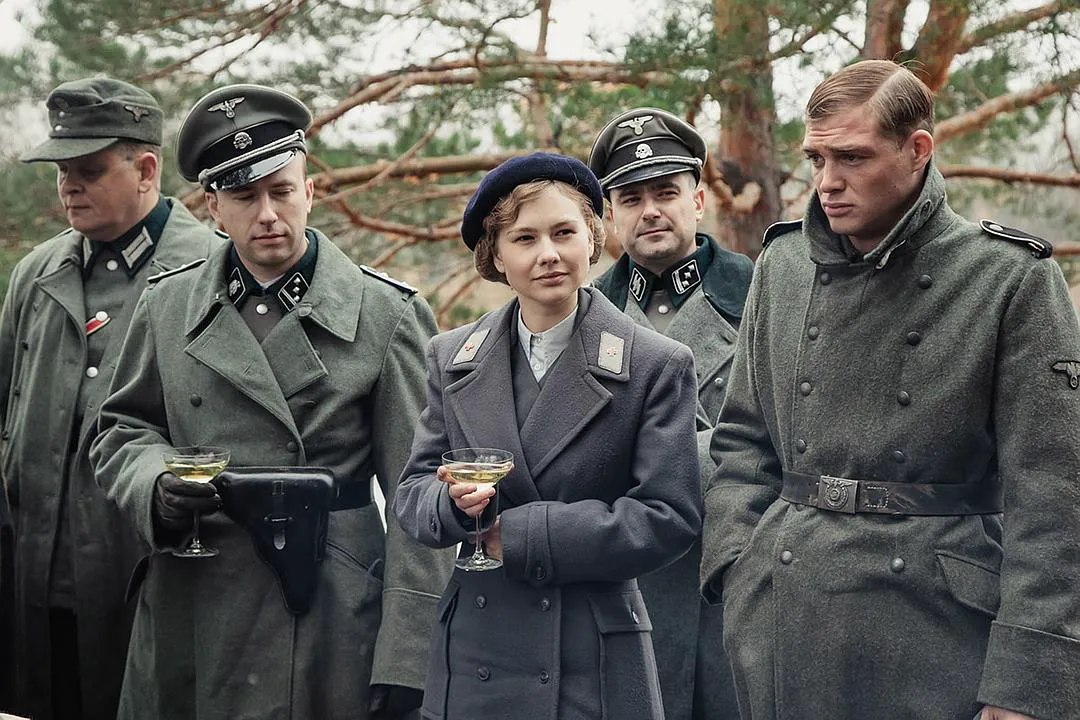A Linguistic Tightrope Walk: Deconstructing “Persian Lessons”

In “Persian Lessons,” a Jewish man narrowly escapes execution by claiming to be Persian. Serendipitously, a camp officer seeks a Persian tutor. But how can a man who doesn’t speak a word of Persian teach a daily lesson of 40 new words? The film’s premise is a high-wire act, fraught with tension. However, a compelling premise requires skillful execution. “Persian Lessons” transcends mediocrity through its meticulous attention to detail in every scene and line of dialogue.
The Art of the Opening Scene
Consider the opening scene: a vehicle in motion. Character A inquires about Gilles’ capture and family background before offering half a loaf of bread for a Persian book. This seemingly simple exchange, lasting under three minutes, is remarkably informative. It establishes Gilles’ precarious situation, hinting at a harrowing escape. It reveals his father’s role as a Jewish teacher, foreshadowing his resourcefulness in surviving and “inventing a language.” When Gilles asks about a word on the book’s title page, and A replies “father,” it underscores his complete ignorance of Persian. Furthermore, Gilles’ disapproval of A’s theft establishes his moral compass. Attentive viewers will later recognize the amplified suffering he endures for compromising his principles.

The subsequent scene: a sudden stop, Nazi executions, Gilles feigning death but being discovered, and his desperate claim of being Persian, not Jewish. Within the film’s first eight minutes, the story’s context is established, and Gilles’ character is richly developed: a strong survival instinct, quick wit, valuing knowledge over sustenance, and a compassionate heart.
Beyond Good and Evil: Complex Characters
Directed by Ukrainian-Canadian Vadim Perelman, working in the US, “Persian Lessons” is based on the story “Invention of a Language” by German director and screenwriter Wolfgang Kohlhaase. This explains the film’s unique perspective compared to typical American WWII narratives. For instance, the German officer, Klaus Koch, receives even more screen time and development than Gilles. Through subtle details, we learn that this former chef turned Nazi officer is fastidious, committed, a perfectionist, and proud. Despite managing a concentration camp, his true passion lies in learning Persian, a pursuit misunderstood by his peers.

The film reveals the source of this desire through fleeting moments: he dreams of opening a restaurant in Tehran after the war and reuniting with a loved one. This nuanced portrayal has even led some viewers to imagine a romantic connection between him and Gilles. However, such an interpretation is dangerous and inappropriate. Klaus’ “protection” of Gilles stems not from empathy but from his personal ambition to reach Tehran. This desire is so powerful that he is willing to defy his superiors to protect Gilles, the “tool” that can fulfill his dream.
The Banality of Evil
Similarly, Klaus’ superiors and subordinates are portrayed as ordinary and mundane. These Nazis inhabit a dehumanizing environment yet behave like typical office workers: engaging in romance, attending parties, and gossiping about colleagues. This humanized depiction of the villains is what sets “Persian Lessons” apart from many similar works.

The film coolly reveals a chilling truth: immense evil often originates not from demons, but from ordinary people like us, perhaps even ourselves. This truth is far more impactful than the film’s ultimately uplifting ending – Gilles memorizing the names of 2,840 Jewish victims using his “invented Persian” language.